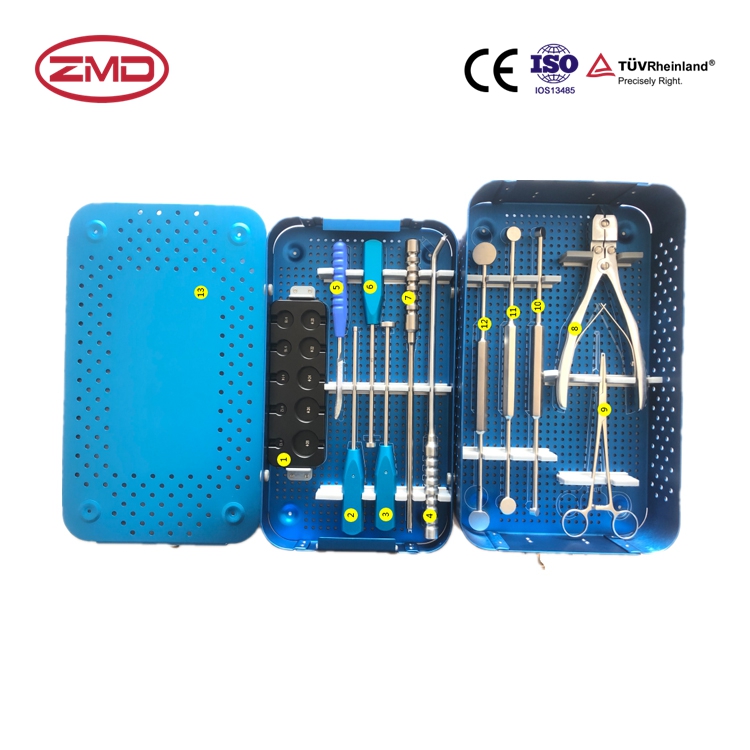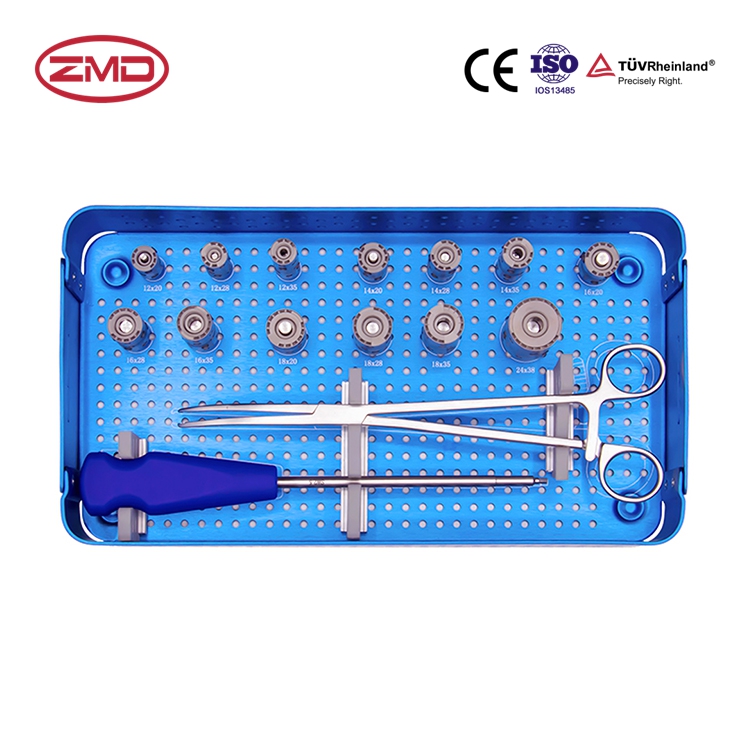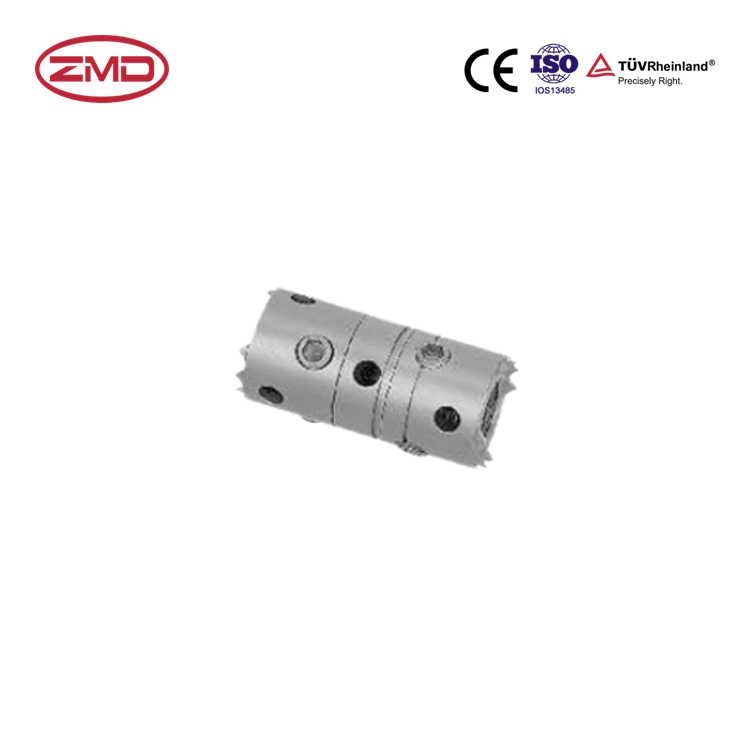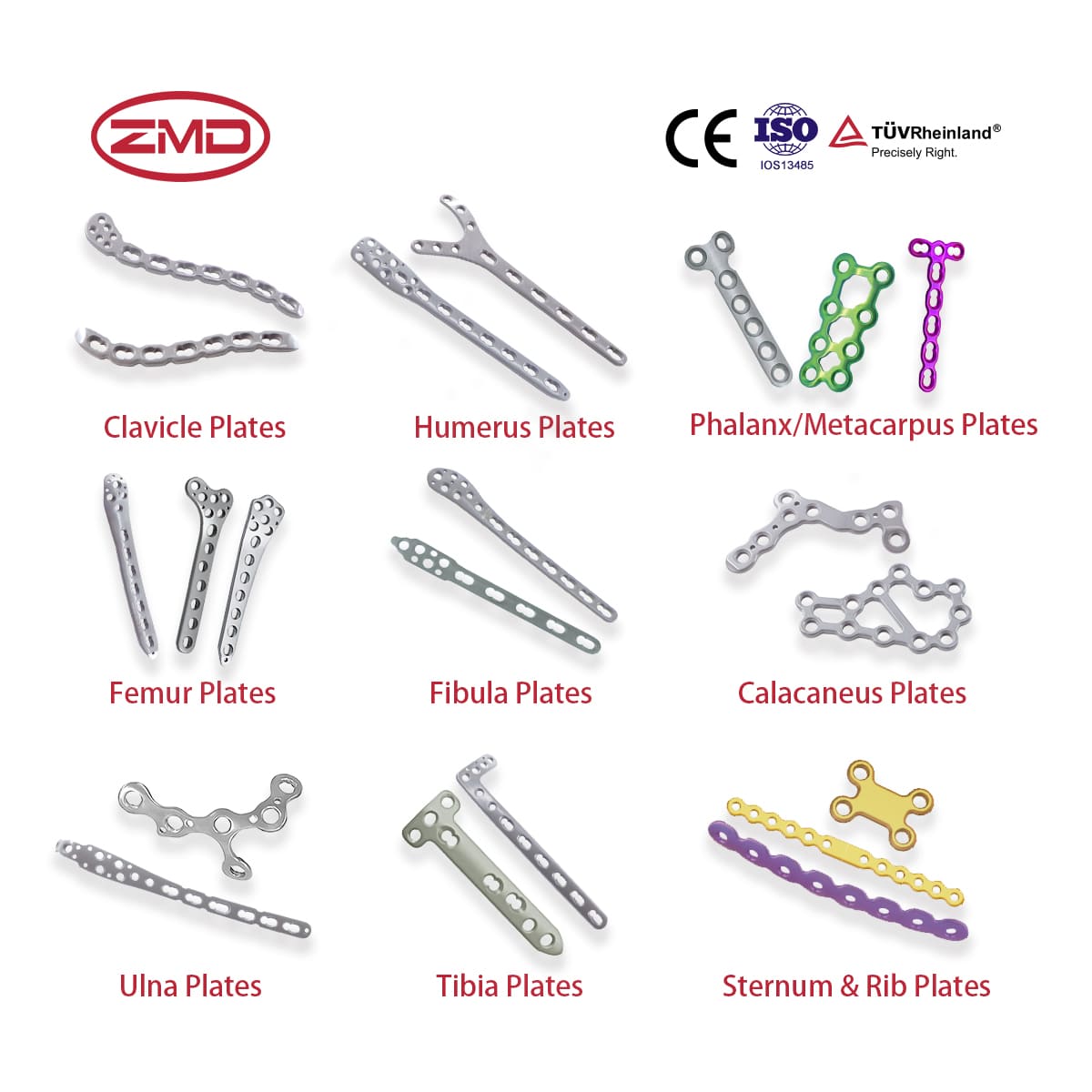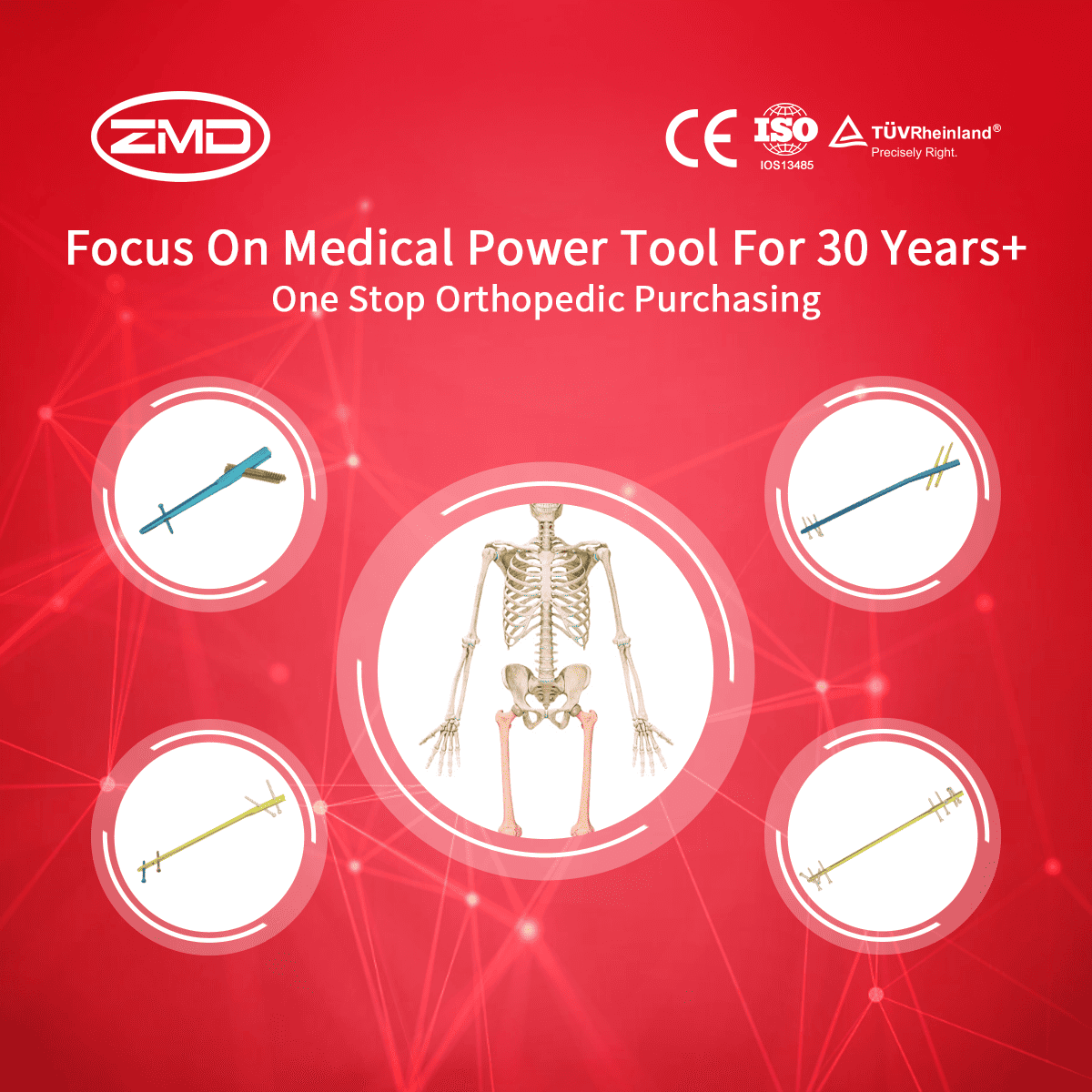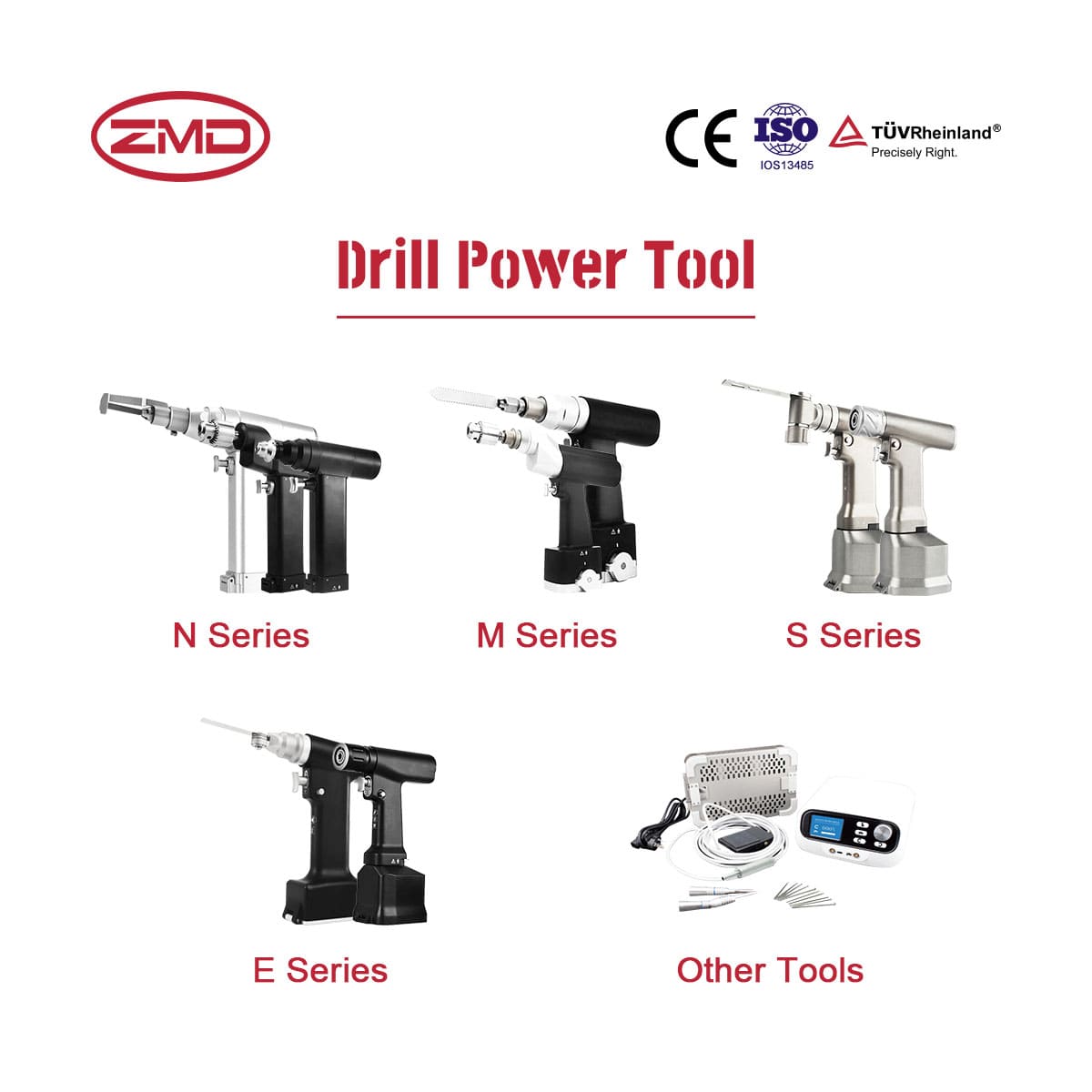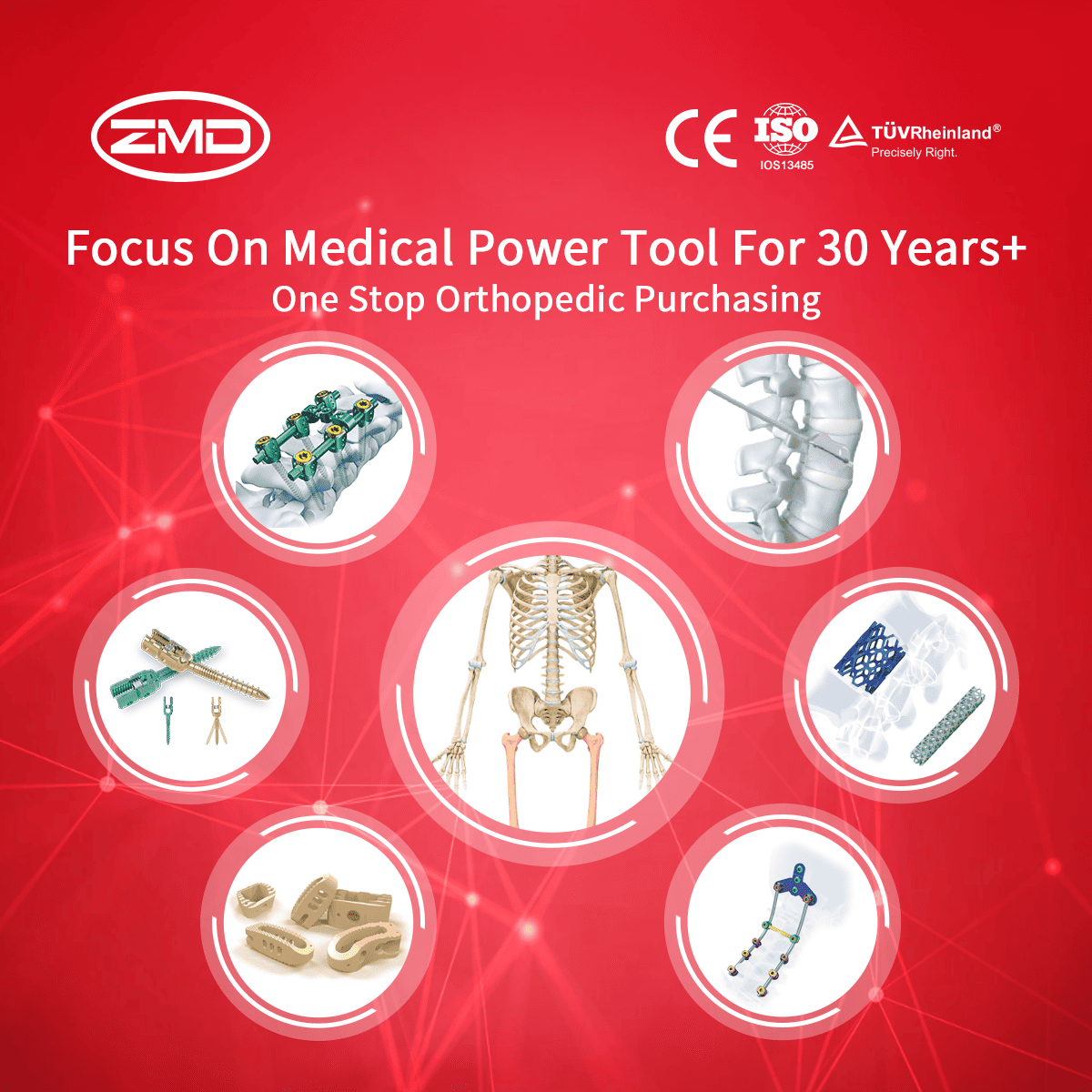Titanium Mesh Cage
ZMD
Orthopedic Products
Haven't been able to locate the product you're searching for yet?
If you're interested in more orthopaedic implant products, feel free to get in touch with our ZMD consultants.
What Are Titanium Mesh Cages?
Titanium mesh cages are crucial medical devices employed in spinal fusion surgery. Their main purposes are to reinstate the spine’s height, alignment, and stability. Generally crafted from titanium, which is a biocompatible and lightweight metal that the body accepts well. These cages are designed with porosity, enabling bone to grow inside and integrate with them. This integration leads to the formation of a solid, bony fusion, which is essential for the successful restoration of spinal health.
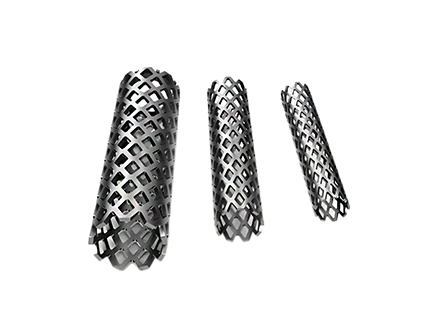
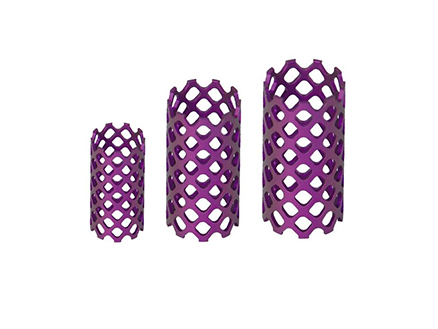
When Are Titanium Mesh Cages Needed?
Titanium mesh cages have firmly established themselves as a fundamental component in spinal fusion surgery. They present a highly adaptable and efficient means of rejuvenating spinal stability and facilitating bone fusion. The cages’ capacity to supply robust support is vital in maintaining the integrity of the spine during the healing process. Their porous structure actively promotes bone growth, allowing the body’s natural regenerative mechanisms to interact and integrate with the cage. This seamless integration, combined with their biocompatibility, renders them the favored option among surgeons dealing with various spinal disorders. Whether addressing spinal deformities, fractures, or degenerative conditions, titanium mesh cages offer a reliable and durable solution that significantly contributes to improved patient outcomes and enhanced spinal function.
Anterior Cervical Discectomy and Fusion (ACDF)
Posterior Lumbar Fusion (PLF)
Transforaminal Lumbar Interbody Fusion (TLIF)
Revision Surgery
Specific Indications for Titanium Mesh Cage Use
- Severe spinal instability: For patients experiencing significant instability due to conditions such as degenerative disc disease, spondylolisthesis, or spinal fractures, the strong fixation provided by titanium mesh cages can be highly beneficial. This helps to hold the spine in place and promotes healing, reducing the risk of further issues.
- Complex spinal reconstructions: In complex reconstructions that involve multiple vertebrae or demand extensive instrumentation, titanium mesh cages are often employed. They contribute to the overall stability and structural integrity of the reconstructed spine, ensuring a better long-term outcome.
- Revision surgeries: As previously noted, titanium mesh cages are of great significance in revision surgeries. They play a vital role in restoring stability and addressing problems related to implant failures or areas of instability, thus improving the chances of a successful surgical result and patient recovery
Blog
International Women’s Day: Salute to the “She – Power” at ZMD
International Women’s Day: Salute to the “She – Power” at ZMD Amid the trends of “Intelligent Medical Devices” and “Minimally Invasive Medical Technologies”, ZMD thrives
Discover Innovation with Sunan Medical at AAOS
Discover Innovation with Sunan Medical at AAOS The American Academy of Orthopaedic Surgeons (AAOS) Annual Meeting is the premier event for orthopedic professionals worldwide, offering
Visit Us at Expomed Eurasia 2025: Discover Sunan Medical’s Innovations
Visit Us at Expomed Eurasia 2025: Discover Sunan Medical’s Innovations The 32nd Expomed Eurasia, taking place from April 24-26, 2025, at the Tüyap Exhibition and


